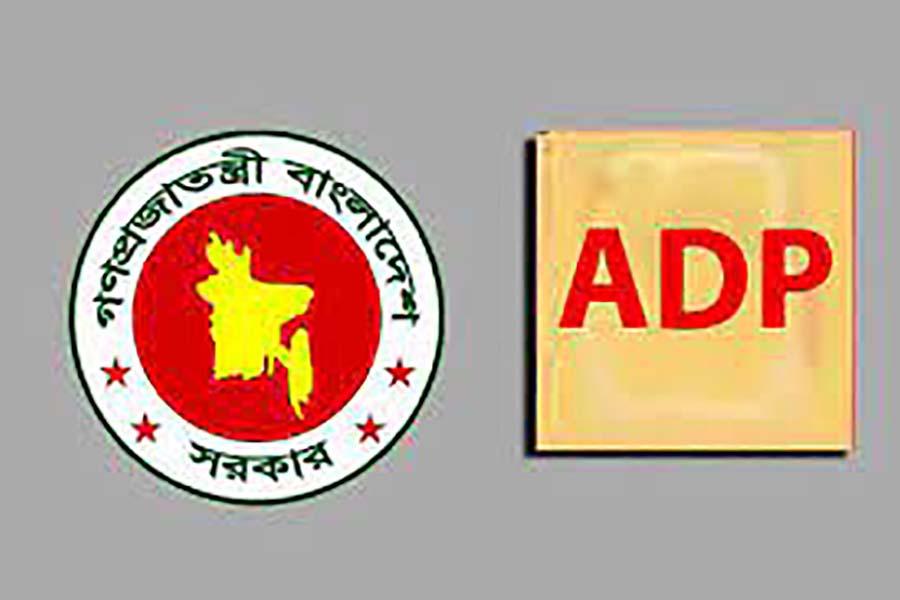

Bangladesh has implemented just 49.08 per cent of its revised Annual Development Programme (ADP) in the first 11 months of the current fiscal year 2024-25, leaving a shortfall of Tk 1.05 trillion in development spending.
Total expenditure between July and May stands at Tk 1.11 trillion, sharply down from Tk 1.46 trillion in the same period last year, according to bdnews24.com.
Data from the Implementation Monitoring and Evaluation Division (IMED) of the planning ministry shows the lowest ADP implementation rate for this period since FY2010.
At the same point in FY2023, the rate stood at 57.54 per cent.
Earlier data from IMED had shown that by the end of February, implementation under the original ADP stood at just 24.27 per cent.
The percentage improved slightly by May due to the downward revision of the ADP, not because of a substantial rise in actual spending.
The now-ousted Awami League government had passed an ADP of Tk 2.78 trillion, including allocations for autonomous agencies, with a core ADP size of Tk 2.65 trillion.
After taking office, the interim administration revised it down to Tk 2.16 trillion.
Political instability during July and August, including arson and blockades, caused a sharp decline in development activity.
Although implementation picked up in December, it slowed again in the following months.
Towards the end of the fiscal year, a familiar rush to execute development projects has reappeared.
Although the longstanding practice of releasing funds without completing work has not been as prominent this time, month-on-month spendings has still seen a notable jump.
In May alone, Tk 175.8 billion was spent – 7.77 per cent of the revised ADP.
In comparison, May last year saw Tk 210.6 billion in spending, or 8.28 per cent of the allocation at the time.
A month earlier in April, project spending stood at Tk 105.3 billion, or 4.66 per cent of the revised ADP.
In April last year, the figure was Tk 177 billion, or 6.96 per cent of the previous year’s allocation.
After the fall of Sheikh Hasina’s government, the caretaker administration placed greater focus on priority-based project implementation.
It cut funding for many initiatives taken by the previous government, leaving several ongoing projects stalled.
As a result, much of the allocated ADP remained unspent, according to officials involved in monitoring the programmes.
Typically, ADP expenditure is low in the early months of a fiscal year.
This time, political unrest further dragged it down.
The interim government's cost-cutting policy also impacted implementation, as it reduced the original ADP by Tk 490 billion -- a cut of 18.49 per cent.
For FY2026, the Advisory Council has approved a Tk 7.9 trillion national budget, setting the new ADP size at Tk 2.3 trillion.


 For all latest news, follow The Financial Express Google News channel.
For all latest news, follow The Financial Express Google News channel.